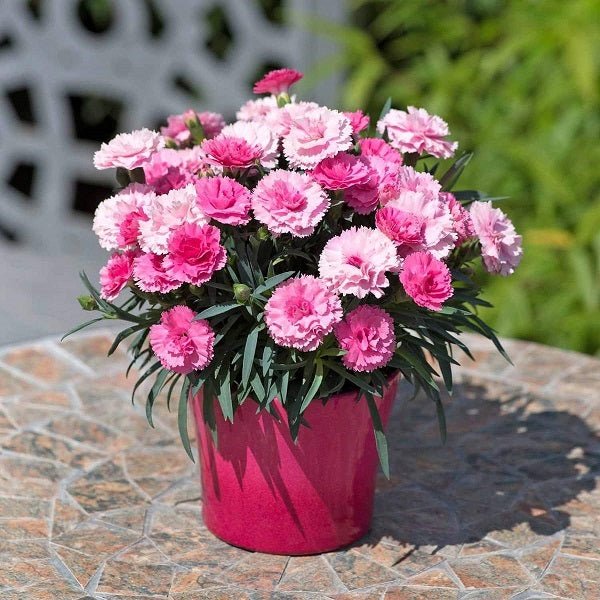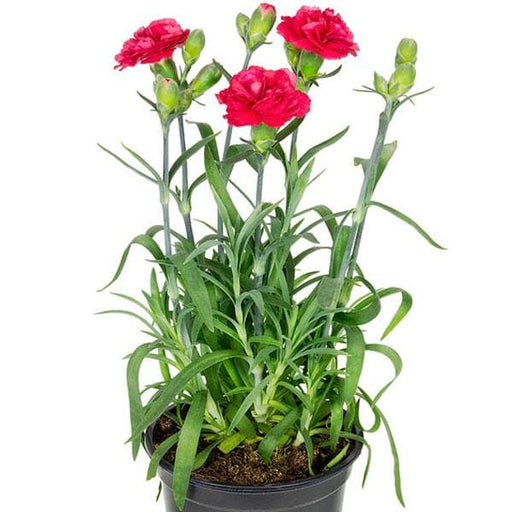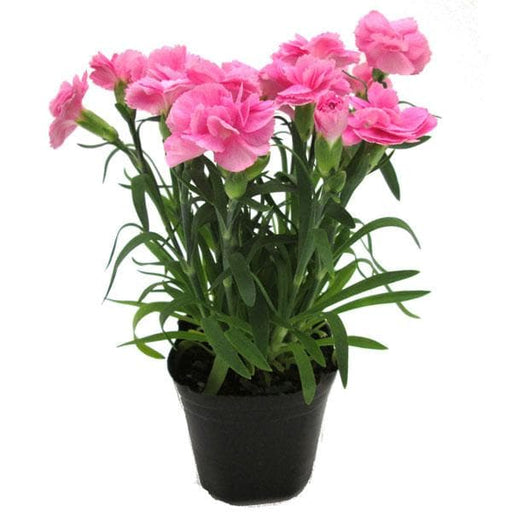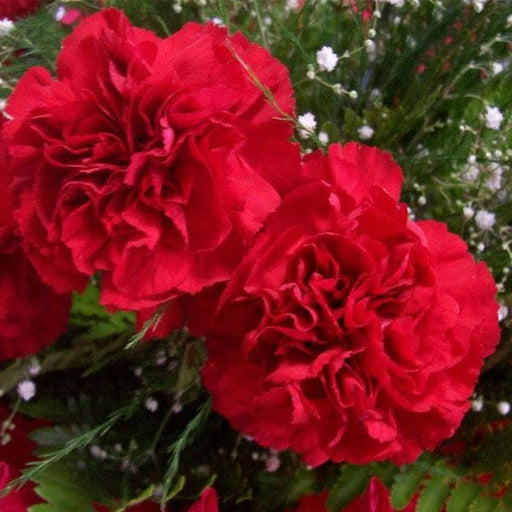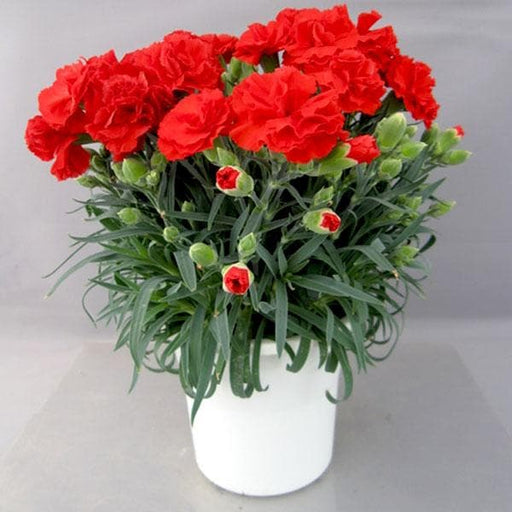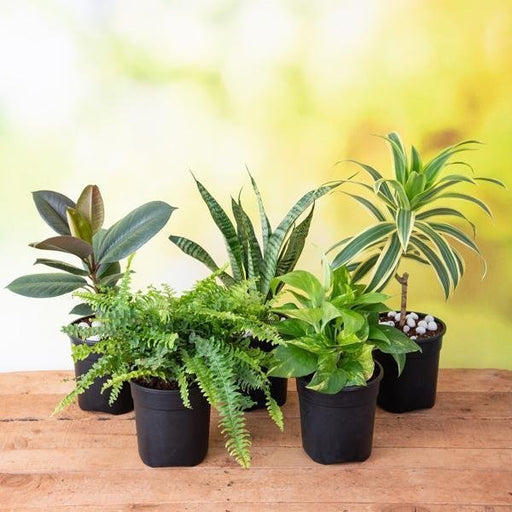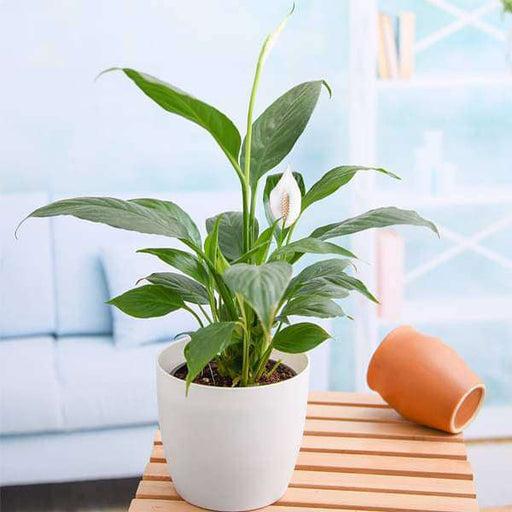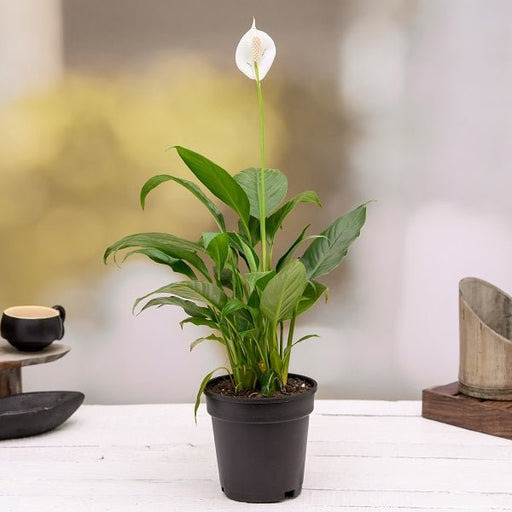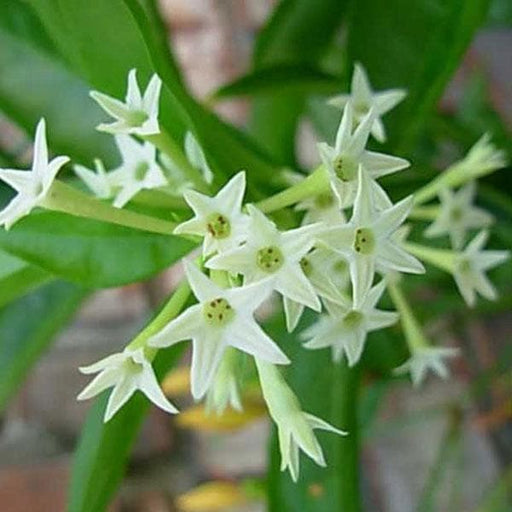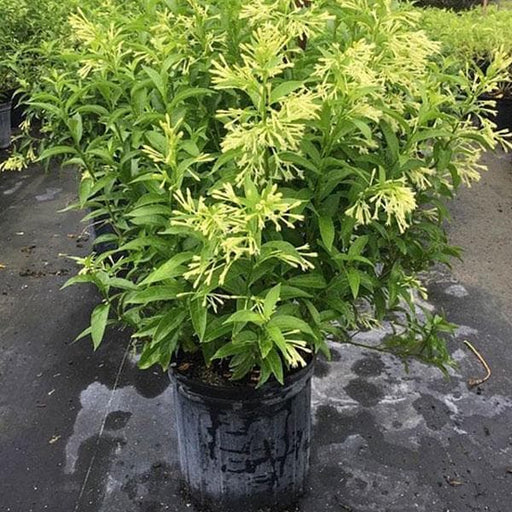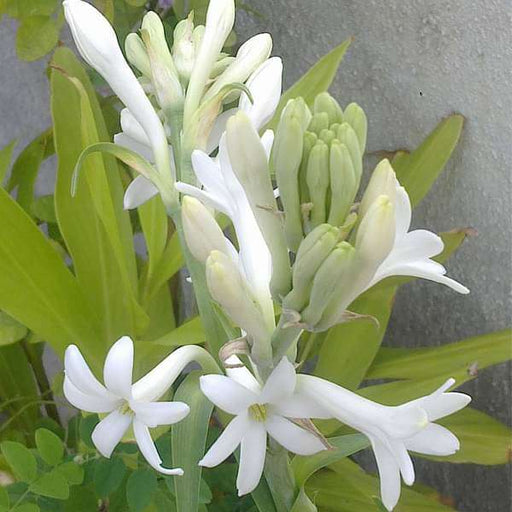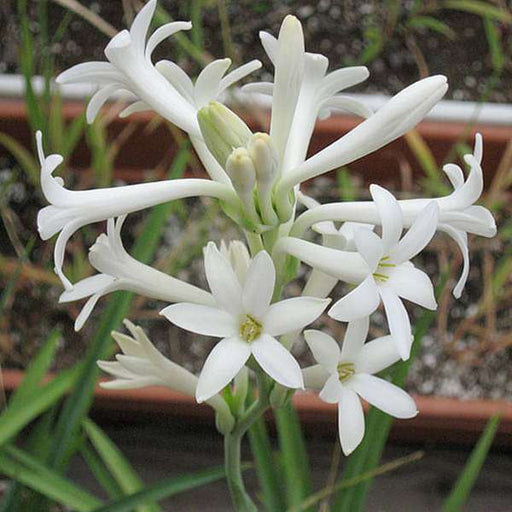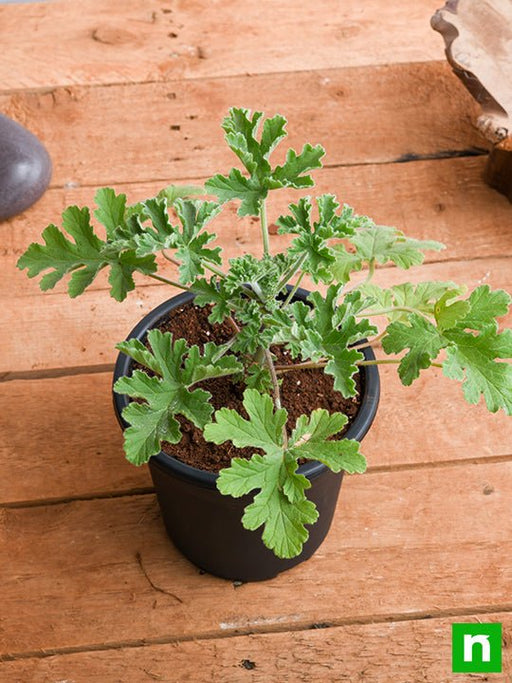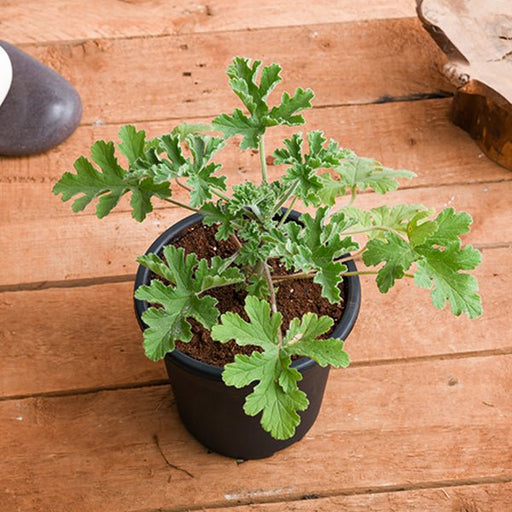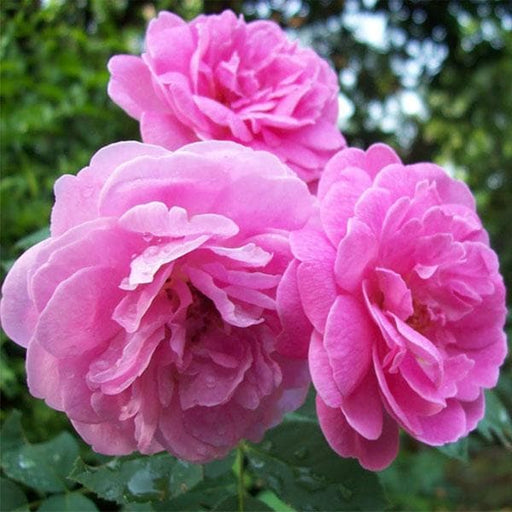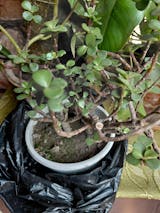Carnation Care
Carnation plants are relatively easy to care for, but still need some attention to thrive. This article will guide you on how to care for your Carnation plant, including watering, fertilizing, and pruning tips.
Carnation Flowers
Carnation plants produce stunning flowers in a range of colors, from white to pink, red, and purple. This article will delve into the anatomy of the Carnation flower and the symbolism behind its colors.
Carnation Varieties
There are over 300 Carnation species, each with unique characteristics. This article will introduce you to some of the most popular Carnation varieties, including the spray Carnation, border Carnation, and perpetual-flowering Carnation.
Carnation Potting
Choosing the right pot and soil for your Carnation plant is crucial to its growth and health. This article will provide tips on how to pot your Carnation plant, including selecting the right pot size, soil type, and drainage.
Carnation Light Requirements
Carnation plants prefer full sun to partial shade. This article will discuss the light requirements of Carnation plants and how to ensure they get the right amount of light.
Carnation Watering
Overwatering and underwatering are common mistakes in Carnation care. This article will teach you how to water your Carnation plant properly, including how often to water and how to tell when your plant needs water.
Carnation Fertilizer
Fertilizing your Carnation plant is essential for promoting growth and flowering. This article will cover the different types of fertilizer you can use for Carnation plants and how to apply them.
Carnation Propagation
Propagating Carnation plants can be done through division, cuttings, or seeds. This article will guide you through each method and provide tips on how to propagate your Carnation plant successfully.
Carnation Diseases
Carnation plants can be susceptible to various diseases, including powdery mildew and fusarium wilt. This article will discuss the common diseases that affect Carnation plants and how to prevent and treat them.
Carnation Pests
Pests like aphids and spider mites can infest Carnation plants and cause damage. This article will introduce you to the common pests that affect Carnation plants and how to control and prevent them.
Carnation Soil Requirements
Carnation plants prefer well-draining soil that is rich in organic matter. This article will cover the ideal soil requirements for Carnation plants and how to prepare the soil for planting.
Carnation Leaves
Carnation leaves come in different shapes and sizes, from lance-shaped to oval, and can provide clues to the plant's health. This article will discuss the different types of Carnation leaves and what they indicate about the plant's condition.
Carnation Roots
Healthy roots are essential for the growth and survival of Carnation plants. This article will cover the anatomy of Carnation roots and how to ensure they stay healthy and strong.
Carnation Temperature Requirements
Carnation plants prefer cool to moderate temperatures and can tolerate light frosts. This article will discuss the ideal temperature range for Carnation plants and how to protect them from extreme temperatures.
Carnation Humidity Requirements
Carnation plants thrive in moderate to high humidity environments. This article will cover the ideal humidity requirements for Carnation plants and how to maintain a proper humidity level.
Carnation Blooming
Carnation plants are known for their showy blooms that can last for weeks or even months. This article will discuss the factors that influence Carnation blooming and how to encourage your plant to produce more flowers.
Carnation Toxicity
Carnation plants are non-toxic to humans and pets, making them safe to have around. This article will cover some of the health benefits of Carnation plants and how they can be used in natural medicine.
Carnation Decor
Carnation plants make excellent cut flowers and can add a touch of elegance to any floral arrangement. This article will provide tips on how to incorporate Carnation plants into your home decor.
Carnation Gift
Carnation plants make thoughtful and long-lasting gifts for any occasion, from Mother's Day to weddings. This article will discuss the benefits of giving Carnation plants as gifts and how to care for them after gifting.
Carnation Art
Carnation plants have inspired many artists and designers, and their unique shapes and colors make them popular subjects for art and decor. This article will showcase some of the creative ways that Carnation plants have been incorporated into art and design.

